- Mwafrika
- Kialbeni
- Kiamhari
- Kiarabu
- Kiarmenia
- Kiazabajani
- Kibasque
- Kibelarusi
- Kibengali
- Kibosnia
- Kibulgaria
- Kikatalani
- Cebuano
- China
- Uchina (Taiwan)
- Kikosikani
- Kikroeshia
- Kicheki
- Kideni
- Kiholanzi
- Kiingereza
- Kiesperanto
- Kiestonia
- Kifini
- Kifaransa
- Kifrisia
- Kigalisia
- Kijojiajia
- Kijerumani
- Kigiriki
- Kigujarati
- Krioli ya Haiti
- hausa
- Kihawai
- Kiebrania
- Hapana
- Miao
- Kihungaria
- Kiaislandi
- igbo
- Kiindonesia
- irish
- Kiitaliano
- Kijapani
- Kijava
- Kikanada
- kazakh
- Khmer
- Mnyarwanda
- Kikorea
- Kikurdi
- Kirigizi
- Kazi
- Kilatini
- Kilatvia
- Kilithuania
- Kilasembagi
- Kimasedonia
- Malgashi
- Kimalei
- Kimalayalam
- Kimalta
- Kimaori
- Marathi
- Kimongolia
- Myanmar
- Kinepali
- Kinorwe
- Kinorwe
- Oksitani
- Kipashto
- Kiajemi
- Kipolandi
- Kireno
- Kipunjabi
- Kiromania
- Kirusi
- Kisamoa
- Kigaeli cha Kiskoti
- Kiserbia
- Kiingereza
- Kishona
- Kisindhi
- Kisinhala
- Kislovakia
- Kislovenia
- Msomali
- Kihispania
- Kisunda
- kiswahili
- Kiswidi
- Kitagalogi
- Tajiki
- Kitamil
- Kitatari
- Kitelugu
- Thai
- Kituruki
- Waturukimeni
- Kiukreni
- Kiurdu
- Uighur
- Kiuzbeki
- Kivietinamu
- Kiwelisi
- Msaada
- Kiyidi
- Kiyoruba
- Kizulu
Juni . 04, 2025 14:09 Rudi kwenye orodha
Reliable Barbed Wire Solutions
In today’s fast-evolving landscape of property protection and land management, barbed wire remains one of the most trusted, effective, and economical fencing options. Whether you’re safeguarding a farm, outlining industrial boundaries, or adding a layer of security to private property, barbed wire for sale offers a solution that balances cost-efficiency with durable performance. This simple yet powerful fencing system has stood the test of time since its invention in the 19th century and continues to be refined by modern manufacturers and fencing experts.
From traditional galvanized strands to high-tensile designs and PVC-coated options, the market now offers a wide variety of barbed wire types suited to different environments and needs. Today’s barbed wire fence company offerings go far beyond basic installation. Many provide customized configurations, fast deployment, rust-resistant coatings, and integration with other fencing solutions such as electric or chain-link structures.
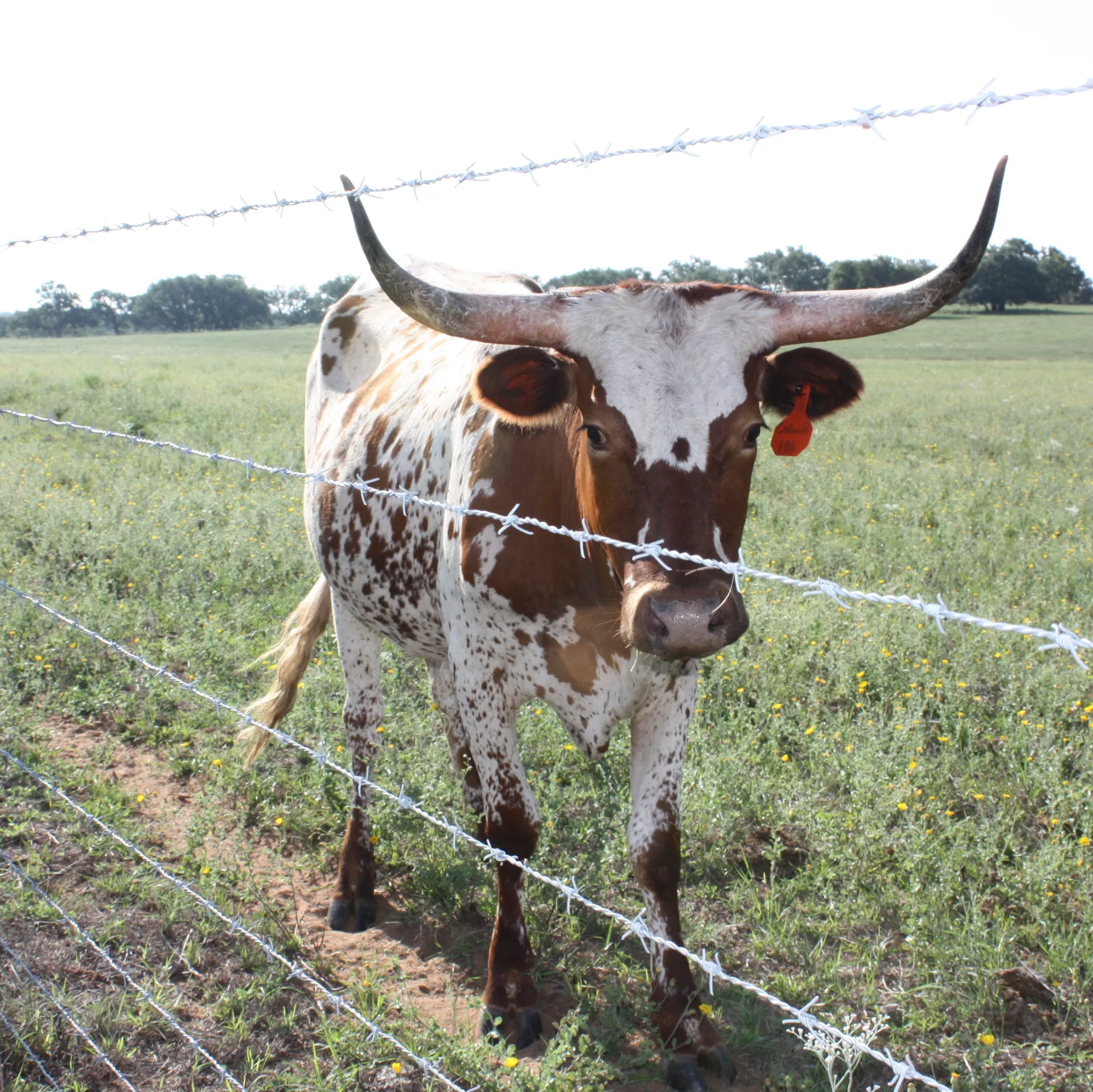
Top Benefits of Using Barbed Wire for Fencing Applications
The global appeal of barbed wire stems from its practical advantages, whether it’s for livestock containment, border security, or infrastructure protection. Understanding its core strengths can help you choose the right solution for your needs:
Cost-Effectiveness: One of the key reasons buyers turn to barbed wire for sale is its affordability. Compared to concrete walls or wrought iron fences, it delivers effective perimeter protection at a fraction of the cost.
Simplicity and Speed: Installation is quick and relatively straightforward, especially when working with a trusted barbed wire fence company. Whether stretched between wood posts or mounted on steel supports, barbed wire goes up fast.
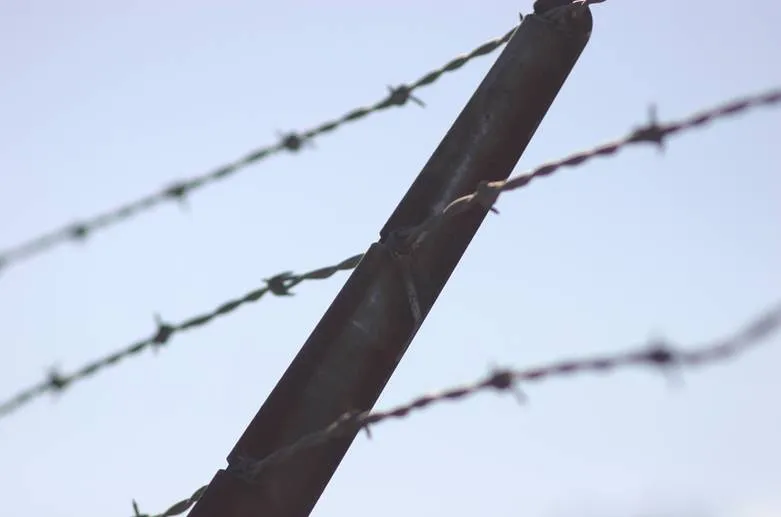
Durability: Modern barbed wire options feature corrosion-resistant coatings like zinc galvanization or PVC, increasing longevity even in high-moisture or coastal environments.
Low Maintenance: Once installed, barbed wire fences require minimal upkeep. Occasional tightening and post inspections are often enough to maintain long-term performance.
Deterrence Factor: The sharp barbs create a strong psychological and physical barrier that discourages unauthorized entry, trespassing, and livestock breakouts.
Flexibility: Barbed wire can be adapted for various terrains, including hills, rocky landscapes, and uneven boundaries. It can also be integrated with other materials like mesh, electric fencing, or wooden panels.
Environmental Compatibility: Unlike concrete structures, barbed wire fences have minimal environmental impact. They preserve sightlines, allow wind flow, and don’t interfere with the natural movement of wildlife unless intentionally installed for that purpose.

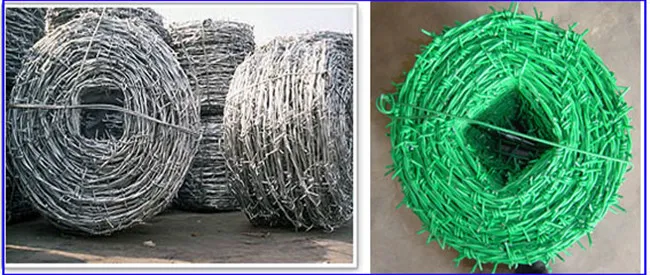
How a Barbed Wire Fence Company Can Add Value to Your Project
While purchasing rolls of barbed wire for sale is simple, partnering with a professional barbed wire fence company offers additional benefits that enhance installation quality, project efficiency, and long-term cost savings.
Professional Design: Experts assess your land's topography, soil type, and intended use to recommend the most effective fencing layout. This ensures maximum security and longevity.
Material Selection: Not all barbed wire is created equal. Companies help you choose between standard galvanized wire, high-tensile wire, or PVC-coated options based on your specific environmental conditions.
Safety Standards: Proper installation avoids injuries to humans and animals. A barbed wire fence company ensures that the fence height, spacing, and barb angle meet safety and legal standards.
Turnkey Installation: From post driving and tensioning to securing and anchoring the wire, professionals complete the process swiftly and securely using specialized tools and techniques.
Post-Sale Support: Reputable companies offer maintenance contracts, emergency repairs, and warranty-covered materials to keep your fencing system functioning without interruptions.
Customized Solutions: For sensitive areas such as schools, military zones, or industrial sites, companies can integrate your barbed wire with other systems like motion sensors, alarms, and cameras.
These added services not only improve the durability of the structure but also reduce the hidden costs often associated with DIY or poorly installed fencing systems.
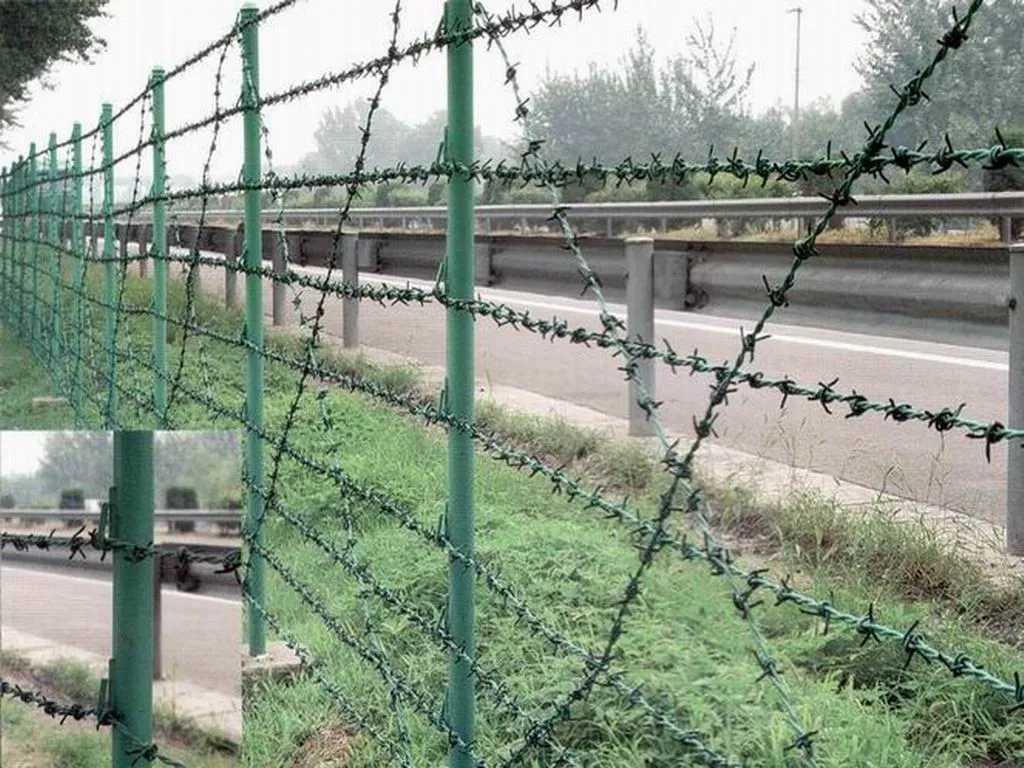
Understanding Barbed Wire Fence Cost and Budgeting Factors
When exploring barbed wire fence cost, it’s essential to look beyond the price per roll. Several variables influence the final expense of a project, and understanding these will help you budget accurately:
Wire Type and Coating: Standard galvanized wire is typically cheaper than PVC-coated or high-tensile varieties. More robust options offer longer life and are ideal for extreme environments.
Number of Strands: A three-strand fence is sufficient for some livestock, but five or more strands may be needed for high-security applications. The more strands, the higher the overall material cost.
Post Material and Spacing: Wooden, concrete, or steel posts vary significantly in price. Spacing also affects total post count. More posts increase cost but also improve fence stability.
Labor Costs: Installation fees vary by region and terrain difficulty. Sloped or rocky land requires more time and specialized tools, increasing labor expenses.
Length and Height: Total linear footage and fence height are direct cost multipliers. Higher fences with more strands cost more in both material and labor.
Additional Features: If you plan to integrate your barbed wire with a gate, alarm system, or mesh underlay, these will add to the overall budget.
Maintenance Budget: Consider long-term maintenance such as re-tensioning wires, replacing posts, or addressing rust if non-coated wire is used.
On average, barbed wire fence cost can range from $1.50 to $3.50 per foot for materials alone, with installed costs reaching up to $7.00 per foot depending on project complexity and local rates.
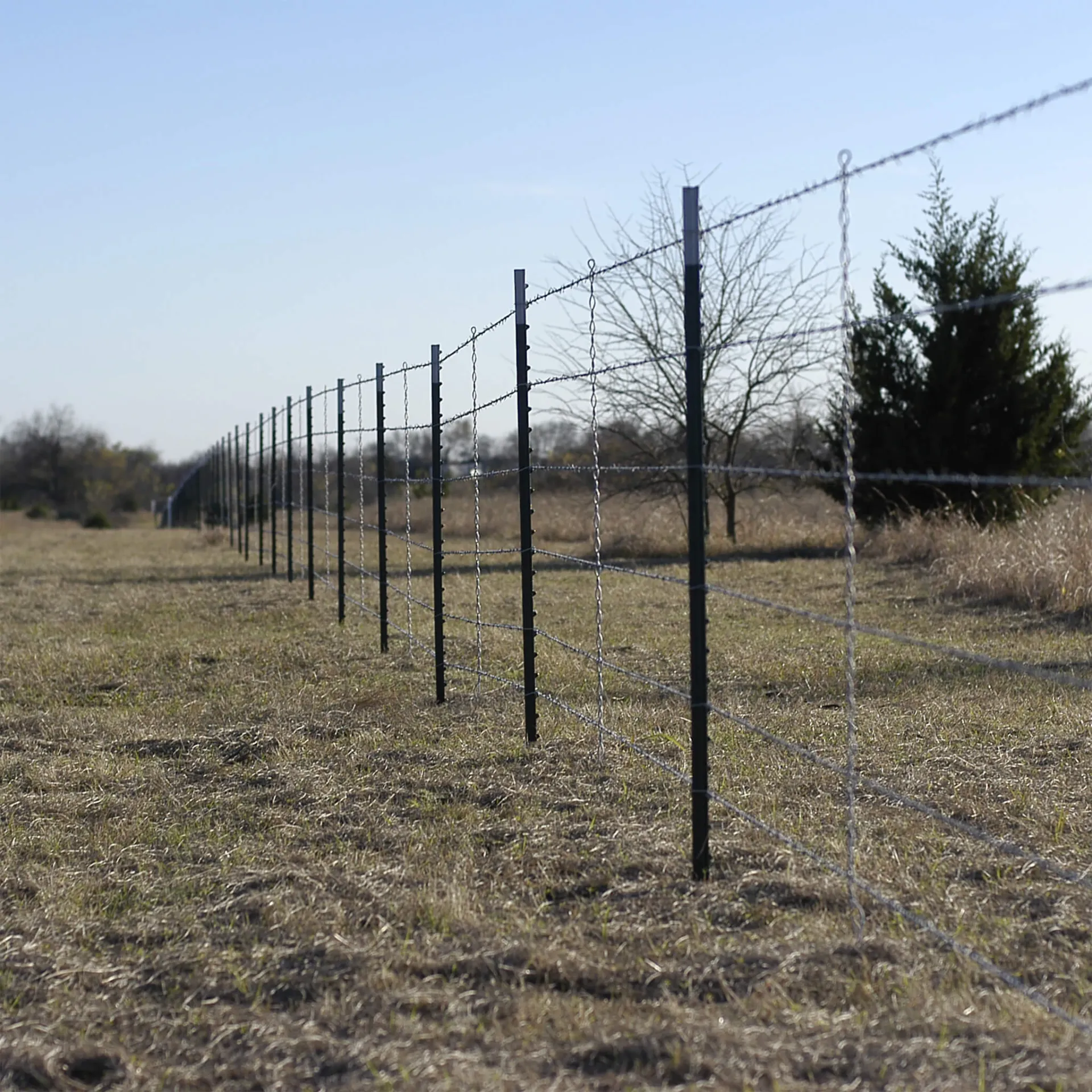
Where to Find Quality Barbed Wire for Sale and Fence Services
With demand increasing globally, barbed wire for sale is widely available both online and through local distributors. However, not all suppliers deliver the same level of quality and customer service. To ensure the best results, consider the following when selecting a vendor or barbed wire fence company:
Reputation and Reviews: Check customer reviews, case studies, and testimonials. A proven track record of success in similar projects is a good indicator of reliability.
Product Range: A reputable supplier should offer a variety of wire gauges, barb spacing, and coatings. Customization options add flexibility to your project.
Certifications: Look for compliance with industry standards such as ASTM or ISO for steel quality and coating durability.
After-Sale Support: Good vendors provide installation guidance, troubleshooting, and warranty-backed guarantees.
Bulk Discounts: Many suppliers offer wholesale rates for large orders. If you’re planning a major agricultural or industrial fence, bulk pricing can save thousands.
Local vs. Online: Local stores provide faster delivery and easier returns, while online platforms offer more variety and detailed specs. Choosing based on your timeline and budget is key.
Some of the best sources for barbed wire for sale include agricultural co-ops, building supply stores, specialized fencing companies, and industrial wholesalers.
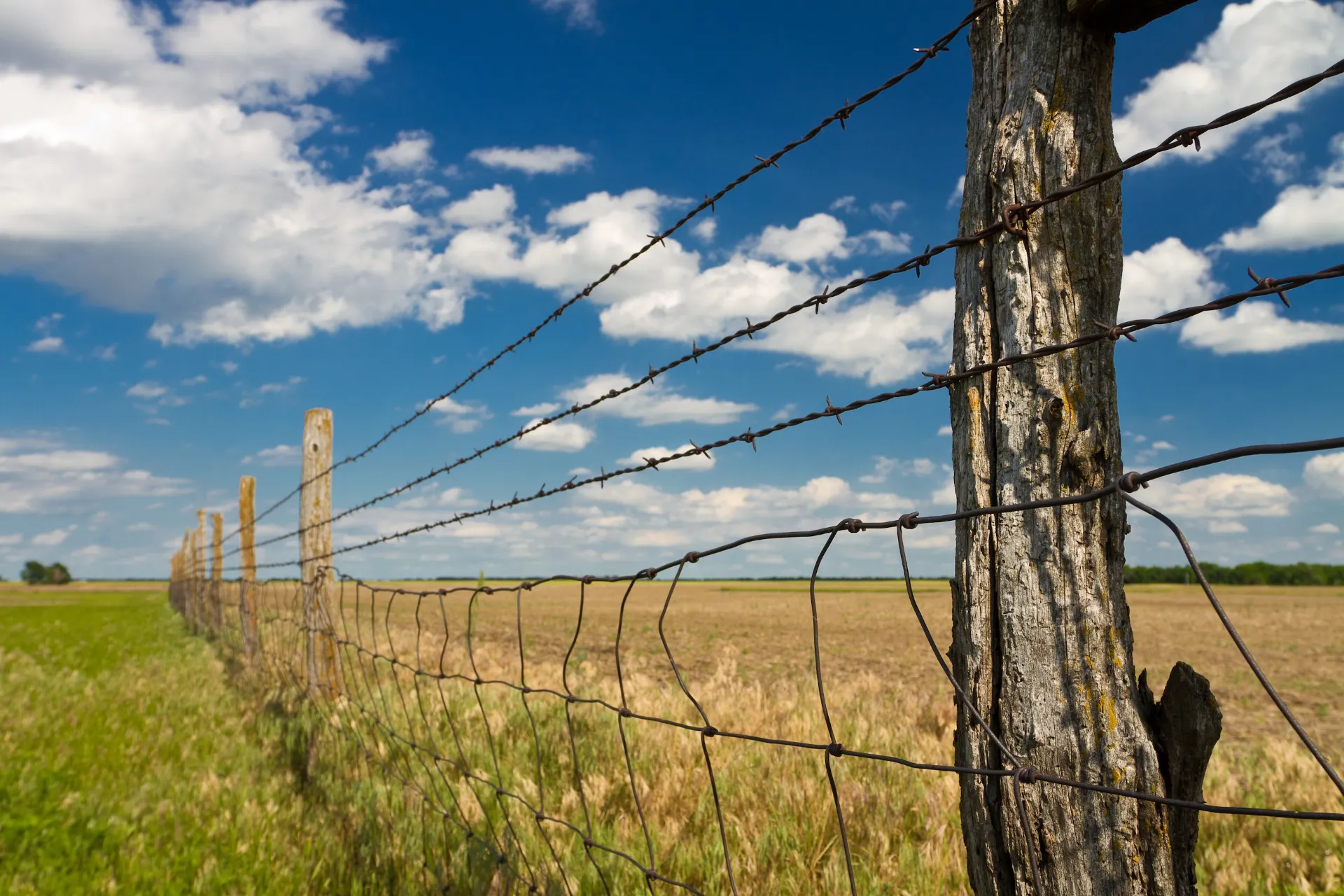
Barbed wire FAQs
What are the most common uses for barbed wire fences?
Barbed wire fences are commonly used for agricultural containment, property boundary marking, livestock security, industrial facility protection, and even in military perimeters. Their versatility and cost-effectiveness make them a go-to solution across sectors.
How long does barbed wire last?
The lifespan of barbed wire depends on the material and coating. Galvanized wire typically lasts 10–20 years, while PVC-coated or high-tensile varieties can exceed 25 years with minimal maintenance.
Is barbed wire legal to use in residential areas?
Regulations vary by region. In rural or agricultural zones, barbed wire is generally permitted. However, urban and suburban areas may have restrictions, especially for fences facing public roads or neighboring properties. Always check with your local authority or a barbed wire fence company before installation.
How many strands of barbed wire do I need for a standard fence?
The number of strands varies by purpose. For cattle, 3 to 4 strands are often sufficient. For enhanced security, 5 or more strands may be used, often in conjunction with other barriers. A barbed wire fence company can help determine the best configuration.
Can barbed wire be combined with other fencing materials?
Yes. Barbed wire is frequently used in combination with mesh fencing, wooden posts, chain-link fences, or even electric fencing. This hybrid approach enhances both durability and security, especially in high-risk or high-value areas.
-
Durable River Bank Gabion Mesh Solutions for Protection
HabariNov.17,2025
-
Durable and Reliable cbt-65/60 Razor Barb Wire for Security Fencing
HabariNov.17,2025
-
Rock Filled Gabion: Durable Solutions for Industrial Landscaping
HabariNov.17,2025
-
Durable 2.1*2.4m Australia Std Galvanized Temporary Fence
HabariNov.17,2025
-
Durable PVC Coated Temporary Fence Solutions for Industrial Sites
HabariNov.17,2025
-
358 Anti Climb Welded Wire Mesh Fence - Anti-Cut Security
HabariNov.17,2025



